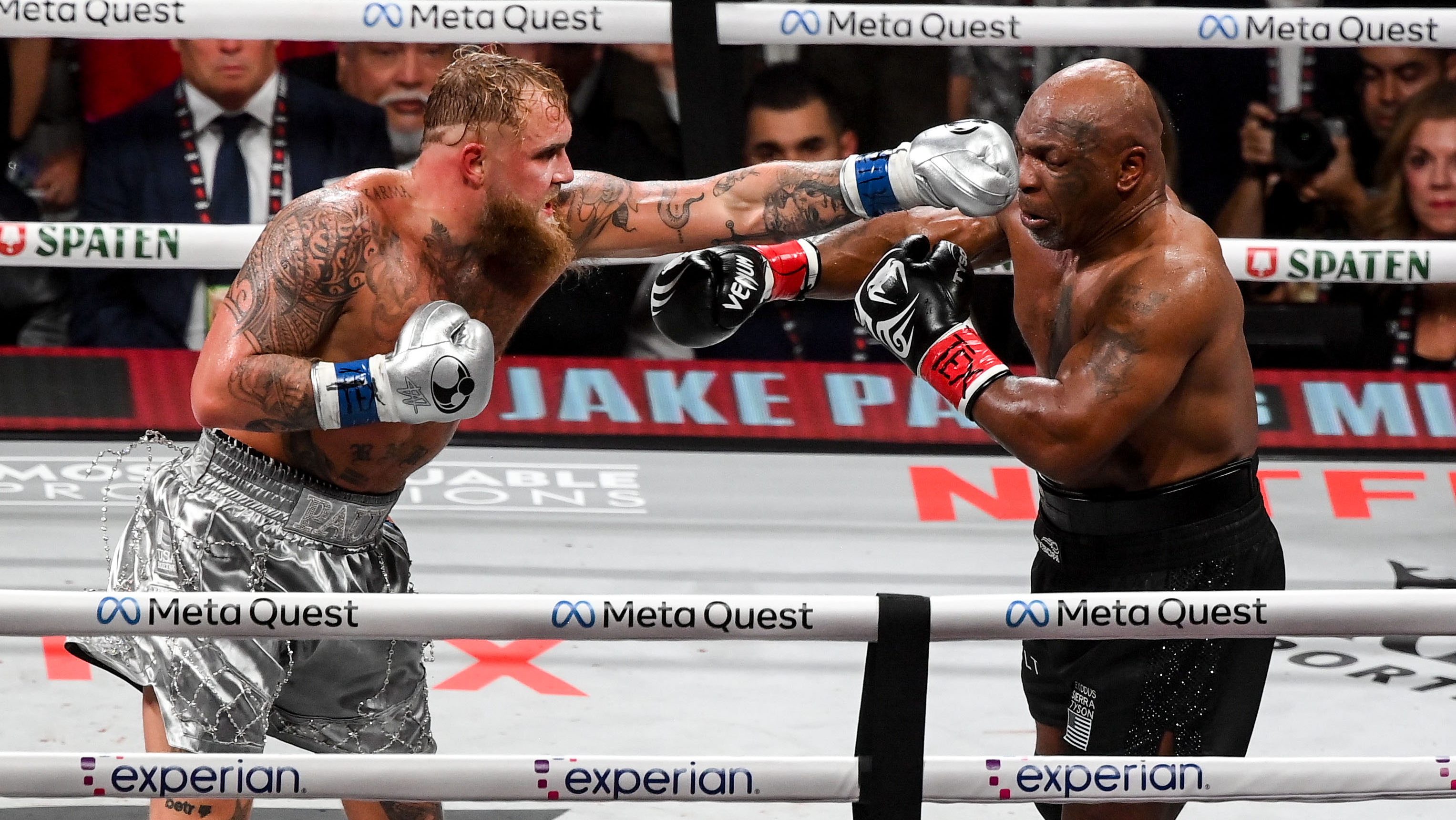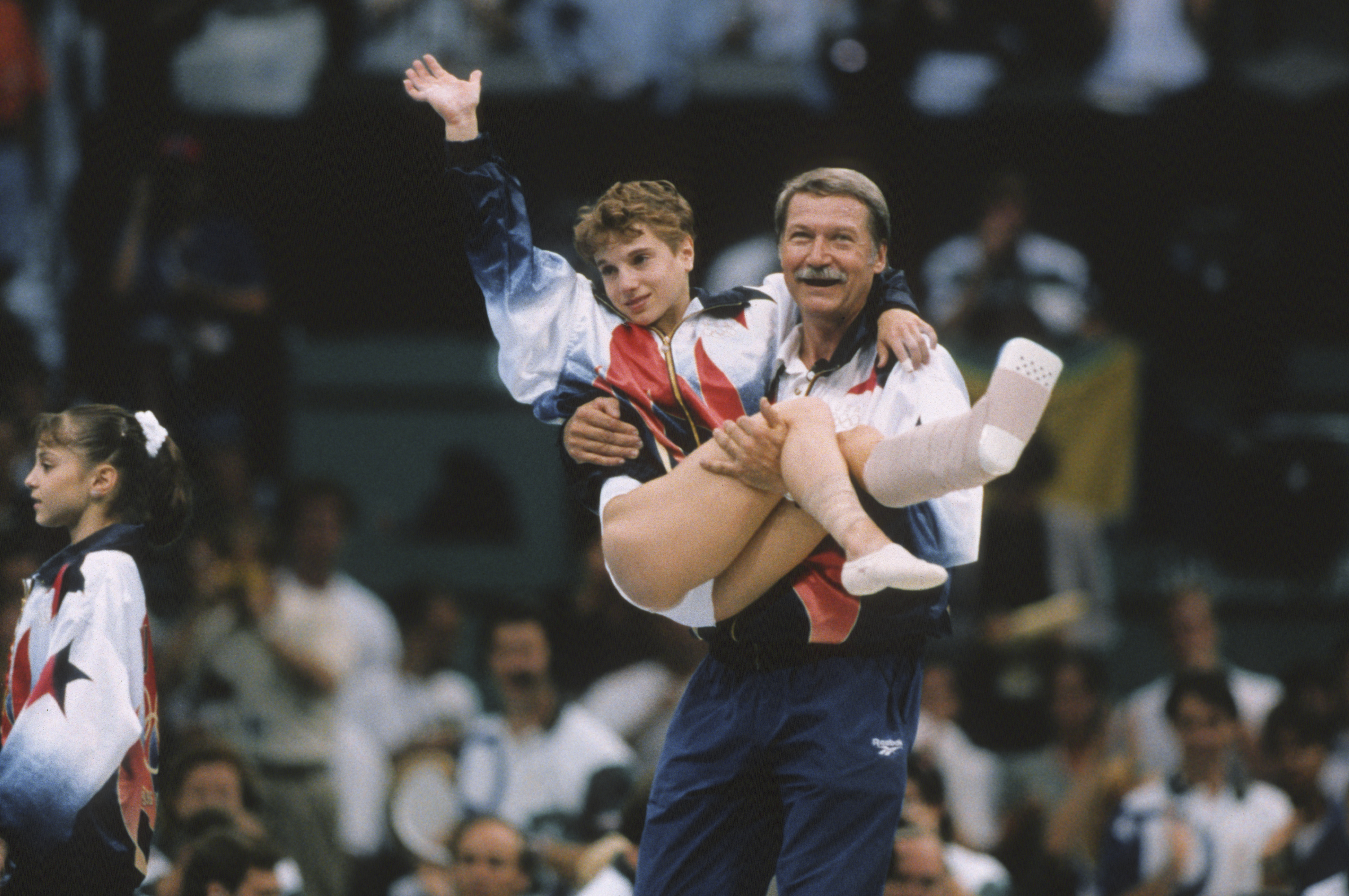Traffic. What will you do about notorious gridlocked Los Angeles traffic? That's the one burning question repeatedly posed to Los Angeles Mayor Karen Bass as she prepares to receive the Olympic flag ahead of the 2028 Summer Games.
“A no-car Games,” Bass said Saturday.
Watch NBC6 free wherever you are
Huh?
Bass and Casey Wasserman, chairman of the LA 2028 organizing committee, highlighted some of the planning already completed before Paris organizers hand the Games over to them during Sunday's closing ceremony. Bass was preemptive about the traffic, addressing it in her opening remarks.
Get local news you need to know to start your day with NBC 6's News Headlines newsletter.
“We're already working to create jobs by expanding our public transportation system in order for us to have a no-car Games,” she said. “And that's a feat for Los Angeles, as we've always been in love with our cars. We're working to ensure that we can build a greener Los Angeles.”
Working from home, that is.
Bass said public transportation will be the only way to access the Los Angeles venues, and her plan to address traffic snarls consists of both using 3,000 buses that will be borrowed from all over the country and asking businesses to allow their employees to work from home during the 17-day period.
Paris 2024 Summer Olympics and Paralympics
Watch all the action from the Paris Olympic and Paralympic Games live on Peacock
It will be the third time Los Angeles will host the Olympics, and Bass noted that widespread panic over traffic ahead of the 1984 Games proved needless.
“Angelenos were terrified that we were going to have terrible, terrible traffic, and we were shocked that we didn't,” Bass said. “But I will tell you, in 1984, we didn't have any of the technology that we do today. We learned in COVID that you can work remotely.”
Tom Bradley, mayor of Los Angeles in 1984, had local businesses stagger their workforce hours to reduce the number of cars on the road. Bass likes that approach but wants to go even further, with nonessential workers permitted to work remotely during the Games.
“Part of having a no-car Olympics means getting people not to drive," Bass said.
Paris has been lauded for how accessible the Games have been, with nearly every venue reachable by Metro, commuter train, tram or bus. Los Angeles has bus and light rail systems but only two subway lines, public transit that pales in scope to metropolitan cities such as Paris, London and New York.
Bass does not yet have a commitment from LA-based businesses to allow their employees to work from home during the Games.
“I think the way that it should work is to meet with the city's major employers and to talk about staggering work hours, which is something that was done 40 years ago when we had no technical cellphones and personal computers,” Bass said. "I think, frankly, it is not going to be difficult this time.
“I think the workforce, probably around the world, certainly around our country, is grappling with remote work now,” she continued. “So I do think that there might be some employers that we could say, ‘Could you be remote for 17 days?’ It's going to be a lot easier because we did go through COVID, so people will have some reference point in recent history as to how you could do that.”
Addressing the homeless problem
The Los Angeles Homeless Services Authority said in June there were 75,312 unhoused people in the county and 45,252 unhoused in the city of LA in 2024. Those numbers must be decreased for the city to be able to sparkle on global television.
Paris organizers relocated thousands of unhoused people ahead of these Games.
Bass said she's working at both the government level and with the private sector and vowed: “We are going to get Angelinos housed.”
“That is what we have been doing, and we're going to continue to do that,” Bass said. “We will get people housed. We will get them off the street. We will get them into temporary housing, address the reason why they were unhoused and get them into permanent housing.”
Keeping LA safe
Wasserman said LA organizers already are working with the federal government on security plans.
“Our mantra is we need to be the safest place, but we need to be the greatest experience as well and we're not going to sacrifice one for the other,” he said. “The Olympics is not a normal event. It doesn't matter in what time it operates or what city it is. The benefit of LA is we have lots of incredibly big global events, so we are used to different security protocols for those events.”
Organizers have an operating budget of $6.8 billion, Wasserman said. That figure does not include security, which will be taxpayer-funded.
Effects of US election
LA organizers said there is no way the results of the November presidential election will not impact the Games in some fashion, but Bass or Wasserman were not concerned.
Wasserman noted that three different sitting presidents have supported Los Angeles' effort, dating back to President Barack Obama's letter backing the city ahead of its 2017 winning bid.
“I just want to remind people, this is about the red, white and blue,” Wasserman said. “This is not about the red and blue. We all march behind the same flag, the same name, the same anthem, and this is something that's going to bring our country together.”




